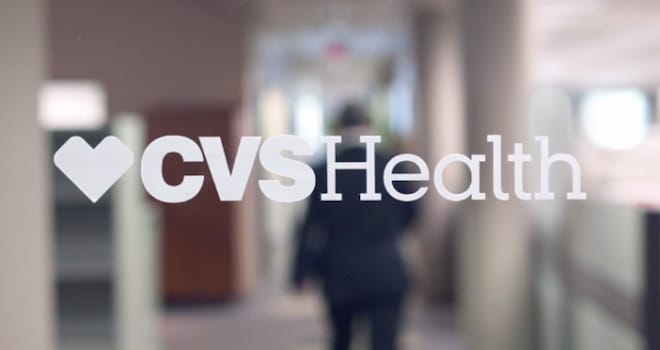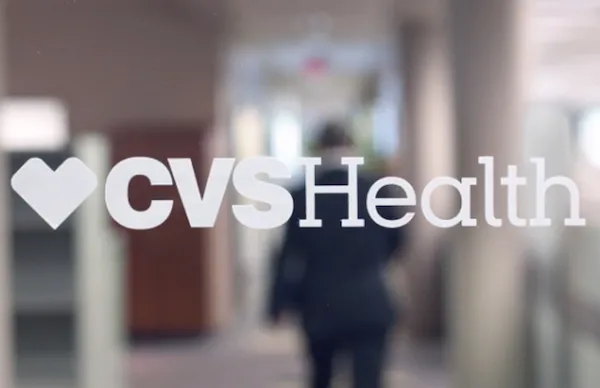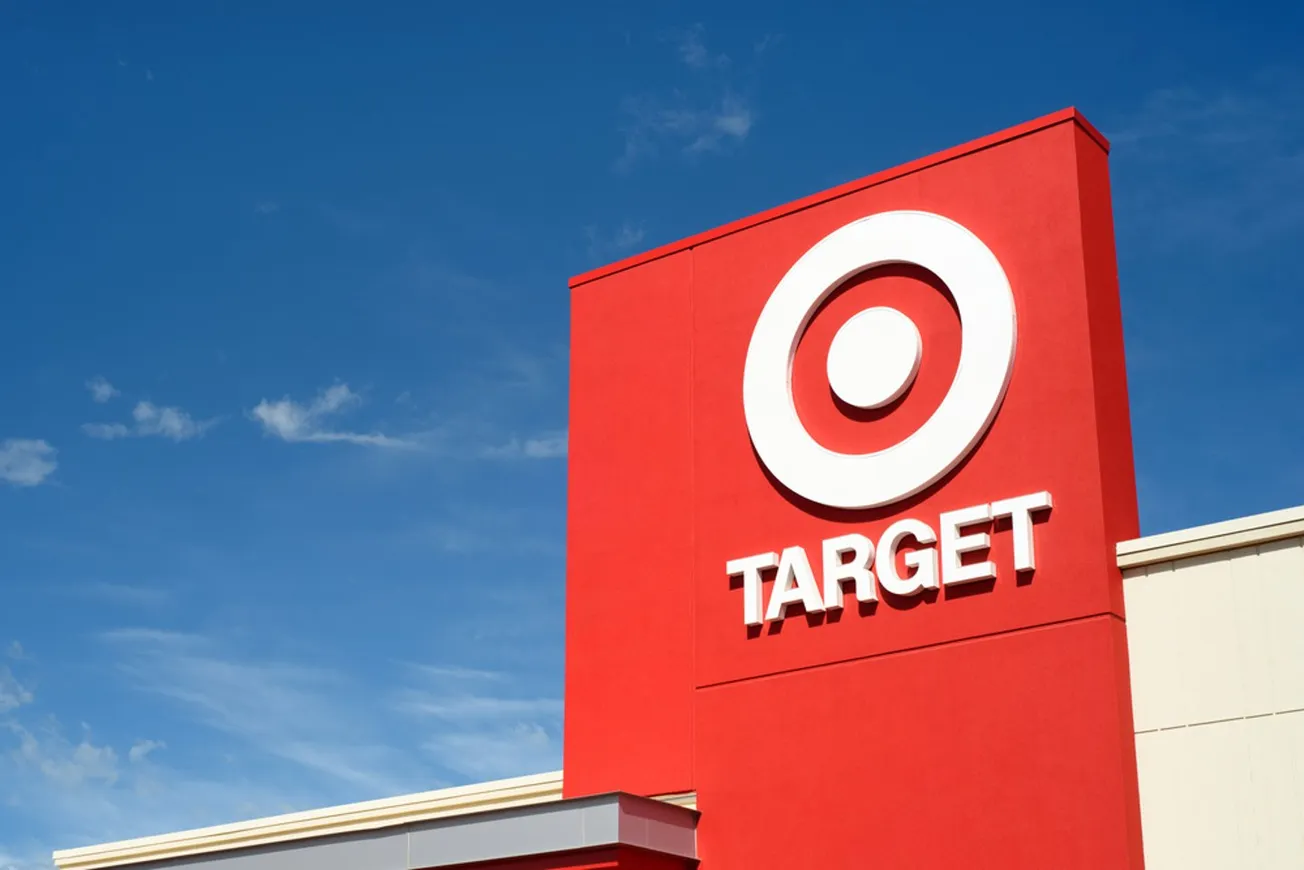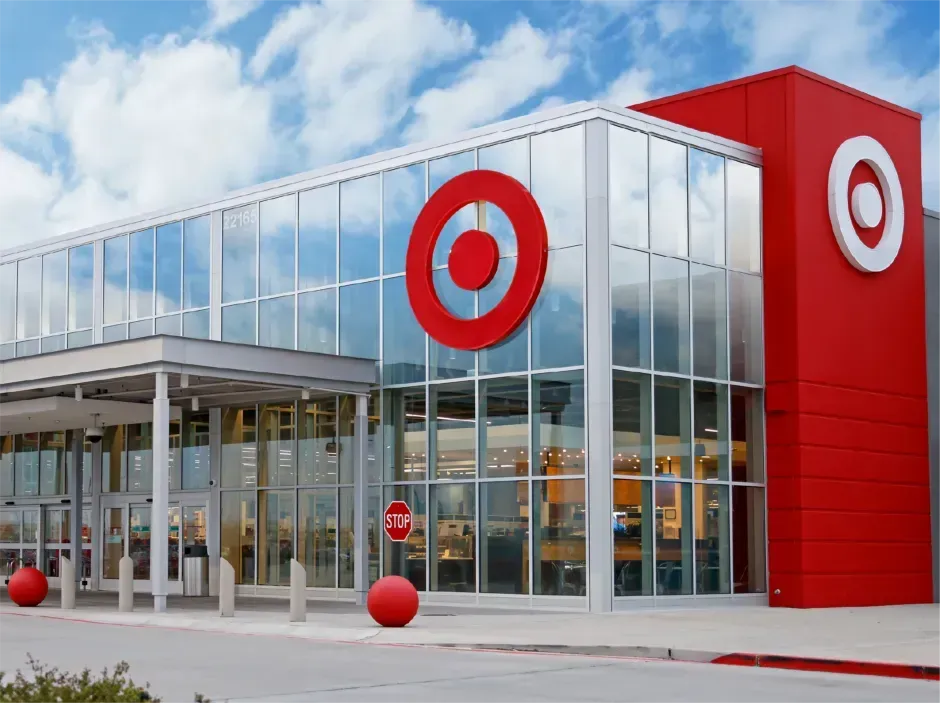WASHINGTON — According to an article in the Wall Street Journal, a federal judge has expressed concerns about the Justice Department’s decision to allow CVS Health Corp.’s nearly $70 billion acquisition of Aetna Inc.— and said he may require CVS to hold Aetna’s assets separately while he considers the settlement between the companies and the government.

Justice Department antitrust enforcers had given a green light to the deal in October, on the condition that the companies sell off Aetna’s Medicare drug business to preserve competition in that market. The companies sold those assets to WellCare Health Plans Inc.
When Justice Department identifies concerns with a merger—and then reaches a deal with the merging companies to address those concerns—it must file the proposed settlement for approval by a federal court, which determines whether the deal is in the public interest.
Many such settlements are approved without a judge calling a hearing. But U.S. District Judge Richard Leon, who sits in Washington, D.C., made clear that he is going to play an active role, saying he had concerns that the Justice Department hasn’t adequately addressed the potential competitive harms raised by the merger.
Such intervention by a judge after the government and companies have reached an agreement is unusual, but Judge Leon has an unorthodox style. He also oversaw DOJ’s challenge to AT&T Inc.’s recent takeover of Time Warner, issuing stinging criticism of the government’s decision to object to the merger.
The judge in a brief hearing Monday said he’s considering requiring that the merged firm hold the CVS and Aetna assets separate until he has more time to consider the settlement. If he does so, it could cause considerable disruptions for the newly merged firm, as CVS began integrating Aetna’s assets immediately after the deal closed last week.
Among other things, Judge Leon cited the American Medical Association’s objections to the deal. He ordered the companies and the Justice Department to file legal papers by Dec. 14 and scheduled a hearing for Dec. 18.
A spokesman for the merged company said the two firms are no longer separate entities. “CVS Health and Aetna are one company, and our focus is on transforming the consumer health experience,” he said.
In a court session last week, Judge Leon appeared surprised that the companies had already closed the merger and said he would not be a “rubber stamp” for the settlement.
Merging parties normally begin integrating their units after receiving government antitrust approval without waiting for a court to formally sign off. Over the weekend, the Justice Department filed court papers arguing that Judge Leon had a limited role in the matter, with no authority to raise objections that the government had not.
Justice Department lawyers—including antitrust chief Makan Delrahim—turned out in large numbers for Monday’s hearing, filling two rows of the courtroom.
Judge Leon addressed the government contingent, saying he did have authority to ensure that the DOJ hadn’t settled the case so narrowly as to make a “mockery” of the judicial system. He spoke for less than 10 minutes without hearing from either the department or CVS, then adjourned the session.








